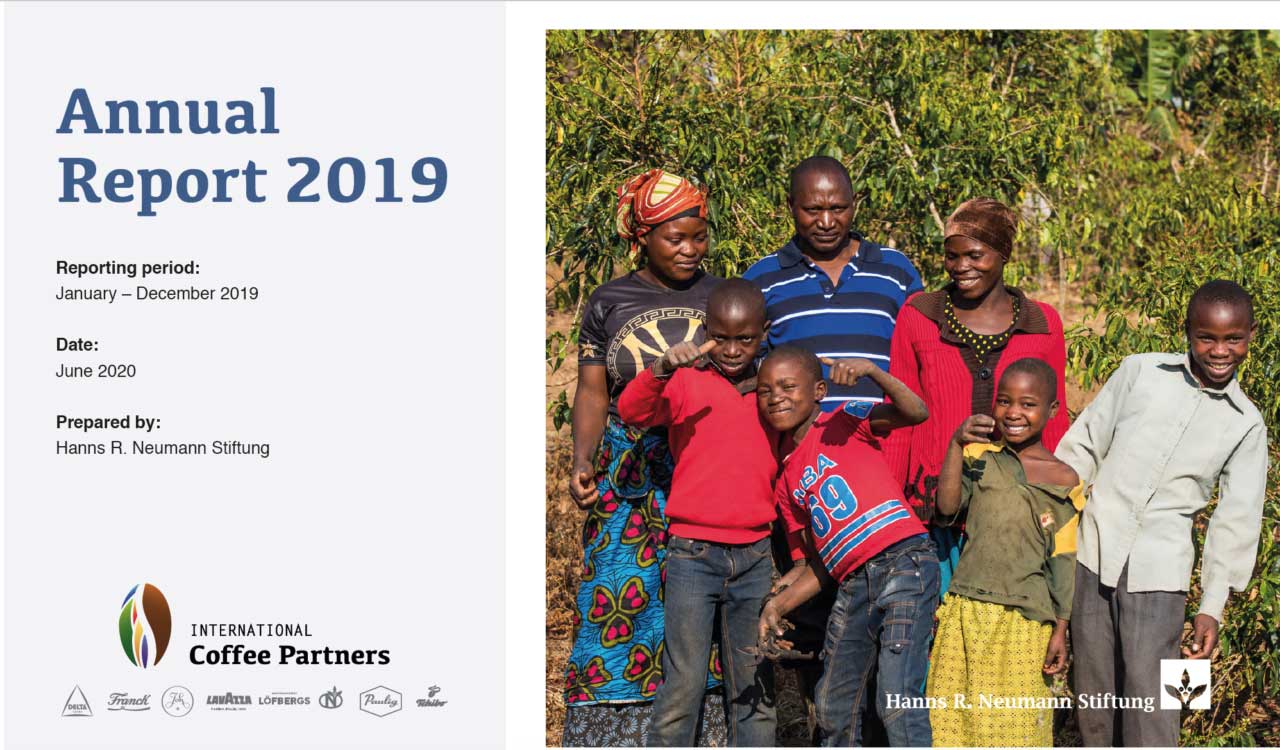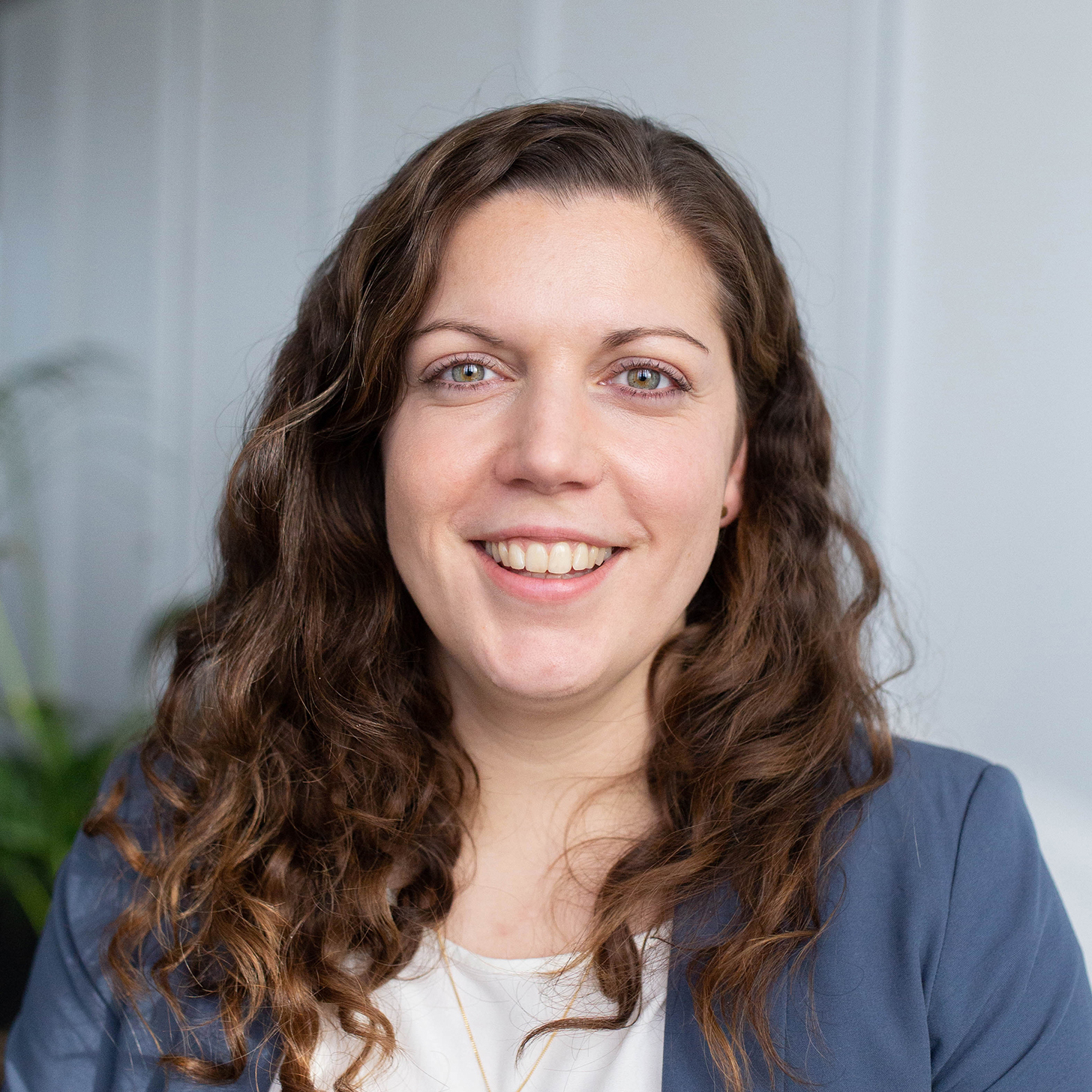International Coffee Partners (ICP), of which Neumann Gruppe is one of the founding members, has released its Annual Report 2019. In the past year, ICP-projects reached almost 49,000 smallholder coffee farmer families in six regions around the globe. As a result of the projects, the average coffee production increased for these families in 2019 by 44% compared to 2018. ICP projects are currently implemented in Indonesia, Ethiopia, Tanzania, Uganda, Brazil and Honduras by the implementing partner Hanns R. Neumann Stiftung (HRNS). The report compiles the major achievements and learnings from the projects. In Tanzania, 85% of the supported smallholder households applied recommended (post-)harvest practices. In Uganda, by the end of 2019, 40% of the supported farmer organizations were rated “strong & professional”, meaning that they can reliably support members in becoming more competitive in the coffee market.
The pre-competitive non-profit organization ICP aims at improving the livelihood situation of smallholder coffee farmer families. To achieve that, the holistic projects focus on the key areas of Family Business, Youth, Climate Change and Farmer Organizations with Gender as a mainstreaming topic. The results from the Annual Report allow readers to dive deep into long-term effects of ICP-projects. The ICP-shareholders Delta Cafés (Portugal), Franck (Croatia), Joh. Johannson (Norway), Lavazza (Italy), Löfbergs (Sweden), Neumann Gruppe (Germany), Paulig (Finland), and Tchibo (Germany) show a long-term commitment not only in coffee. “In addition to coffee, diversification of production systems is emphasized as a means of stabilizing cash flows, ensuring food security, reducing risks and conserving natural resources,” they state in the report.
But as projects did not stop at the end of the year, the ICP Annual Report 2019 gives a clear vision into the next steps of projects around the world. In the ongoing Coronavirus pandemic, ICP remains committed to support smallholder families with adapted activities to catch-up with their long-term needs in the face of the crisis.
The report can be downloaded from the ICP-Website.


